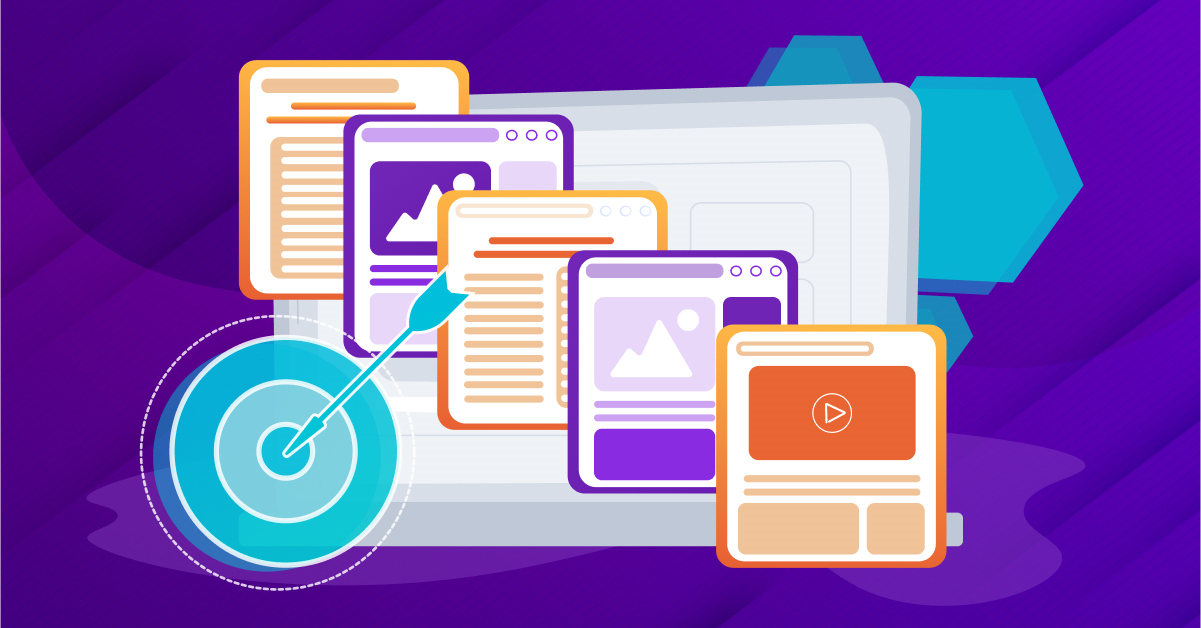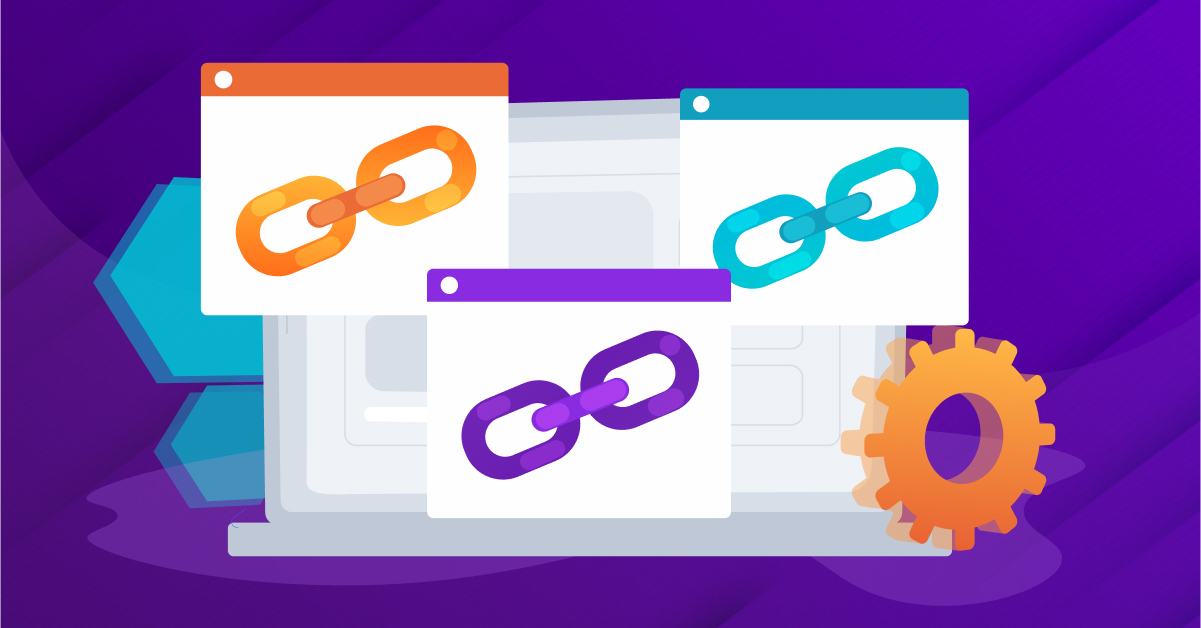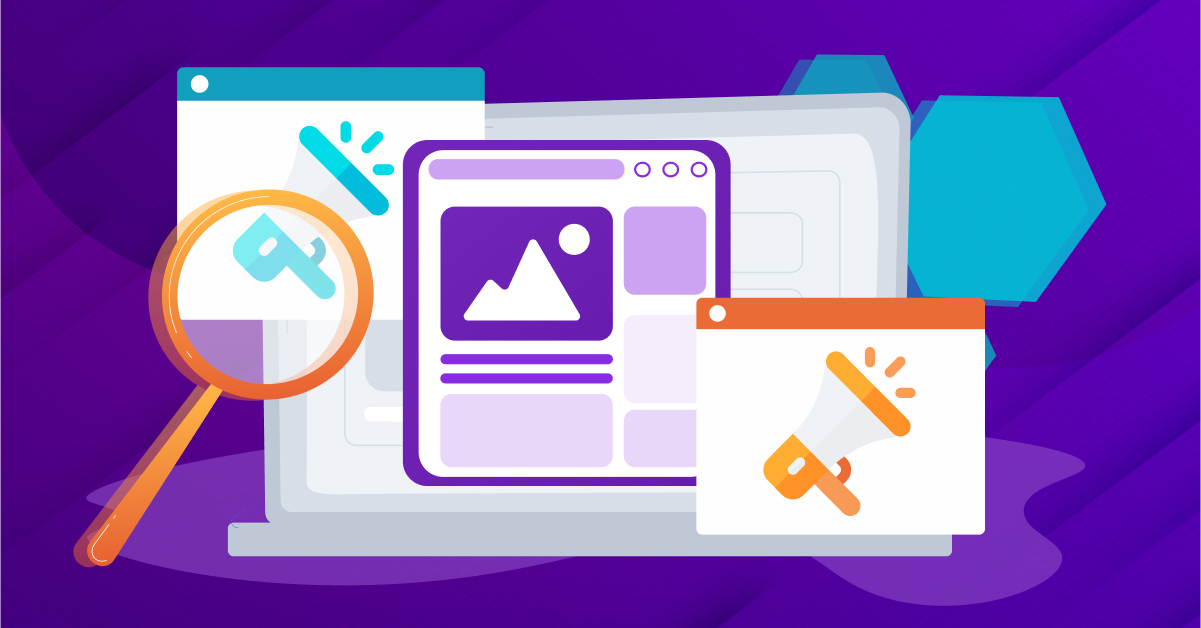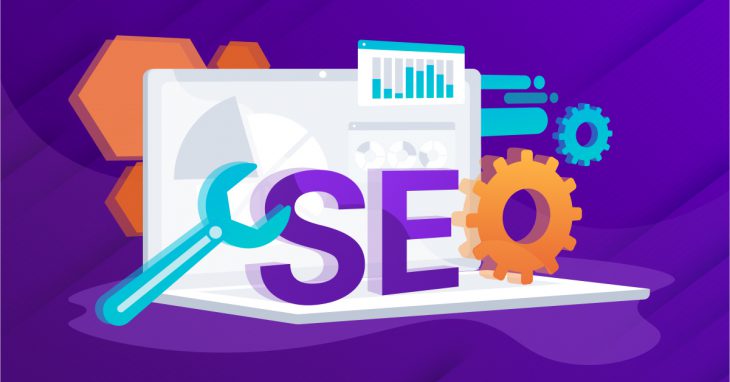If you are starting a business and are looking to get your name out there, there is no better way than Search Engine Optimization (SEO). SEO is a simple and effective practice that can drive customers to your webpage. If you don’t already know what SEO is, that is perfectly fine. Today I will give you a quick definition of SEO, tell you why it is important and tell you why a blog can help. Let’s dive in!
What is Search Engine Optimization (SEO)?
A simple way to think about SEO is as the practice of increasing the quality and quantity of traffic to your website through search results. These search results come from search engines like Google, Yahoo!, or Bing. Each website has criteria for what qualifies a website to be at the top of the search results page. These algorithms use web crawlers to determine the content of your page and its relevance (along with other criteria) to the topic being searched. The more relevant, the higher you show up in the search. Then, the more organic (unpaid) traffic is driven to your website for you.
Hence, it is a simple and effective way to create more customers. SEO is usually thought of as the optimization of your website in accordance to what the search engines are looking for. In fact we have an entire article about SEO for websites, if you are curious about that click here. However, today we are going to focus on a specific part of your website which can help to increase your SEO, the blog.
Optimizing Your Blog

Getting Connected
A blog is a great way to increase or even get started on your SEO. Blogs are an excellent opportunity to create content that can drive users to your website. Moreover, they can do so in a way that allows for connection with your customers. For instance, if you create a quality blog some of your users might choose to subscribe to it. This can allow you to stay in contact with users who have not yet become customers. This consistent reminder of your company might turn some of those leads into customers.
Staying Fresh
There is nothing worse than when you finally find what you are looking for and the website is out of date or just doesn’t work. An outdated website isn’t just annoying to your customer but can also hurt your SEO and your company. A well managed website is critical for keeping up with your customers in the digital age.
By creating a regular blog you will be sure that your website content is fresh and current. If you are mindful of your blog you will be putting out relevant content regularly. This will ensure that your information is up to date. It will also help to keep your company on the cutting edge. Finally, it will continue to drive traffic to your website because your website will be up to date with the current zeitgeist.
Getting Linked Up

Internal Links
Another benefit of a blog to your SEO is that it allows for both internal and external links. What do I mean by that? Well if you take a look at any of the links that have been present thus far in this blog article you will notice that they are all linking back to previous Jonajo blog articles. These are called internal links. Internal links work to increase your SEO in a few ways.
First, they keep people on your website. A person who is clicking through all of your blog articles is likely to stay on your website for a longer period of time. The longer they stay the closer they are to making a purchase or subscribing.
Next, they allow for search engines crawlers to better navigate your website, further increasing your SEO ranking. Finally, they also create a hierarchy on your page which can help to drive traffic to the most important areas of your website.
External Links
Additionally, your blog also allows for other websites to easily link back to your website. If you create a quality blog other websites might use it as a source. Or your users might share it with their friends and coworkers. These external links not only drive more traffic to your website, they also legitimize your website, indicating quality and increasing your SEO ranking.

Keeping Attention
Blogging also helps to keep people on your website longer. As I mentioned earlier, the longer that a person stays on your page the more likely they are to become what is defined as a conversion (making a purchase or subscribing). Yet, keeping people on your page has other benefits as well. SEO ranking algorithms are interested in bringing customers to the website that best fits their needs. One of the ways that this is measured is by what is called a bounce rate.
The bounce rate is a measure of how often a person visits your website and leaves immediately. Having a high bounce rate is bad and a low one is good. It is also thought that some algorithms might take into account how long a person stays on the page period, not just for the bounce rate. If this is the case, then it really pays to have captivating blog articles.
Crawler Fodder
Finally, one of the most important reasons having a blog improves your SEO is because it is a simple way to cater to the web crawlers. What does that mean? As I mentioned earlier there are website crawlers which go through websites scraping data. They use this data to create a search engine ranking for each website. Some of the information that these crawlers are looking for are specific features like keywords, headings, meta descriptions and alt tags. All of which are easy to include in a blog post. Each blog post that you create should have a specific keyword(s) in mind while you are creating it. A well chosen keyword can allow you to greatly increase your SEO ranking.
Moreover, your blog posts should contain headings. This will both keep the reader engaged and to allow for easy navigation for both your readers and the crawlers. Similarly, each blog post should include a meta description. This should be both informative for potential readers and composed of keywords specifically chosen to increase SEO. Finally, alt tags are a great way to keep your website accessible. They are also a great way for crawlers to know exactly what content is on your page. All of this little things drive traffic.
Key Takeaways
If you take nothing else away from this article you should know that SEO is critical for driving traffic to your website and that a blog is a great way to get started on optimizing your website. Blogs are great for connecting with your audience. They also keep you mindful of your content, leading to a fresh and up to date website. A high quality blog post can also pay off for a long time by providing ample opportunity for both internal and external linking.
Finally, blog posts can both drive users to and keep their attention on your website. All of these factors together combined with a little skill at writing content can appeal to crawlers and algorithms leading you to the top of a search engine results page.


